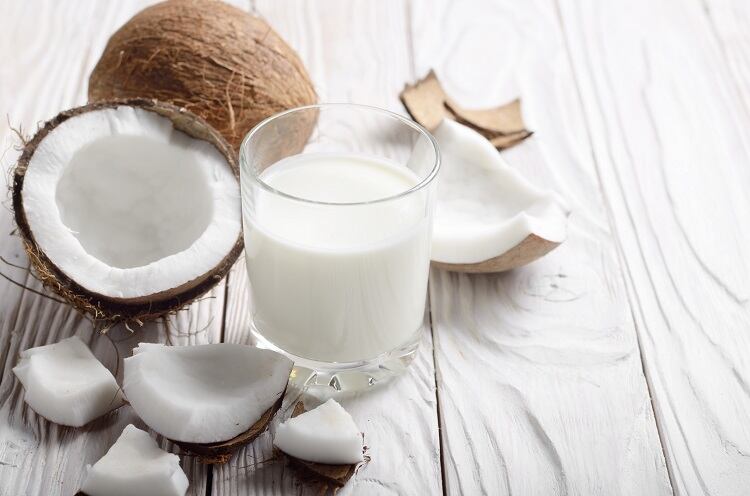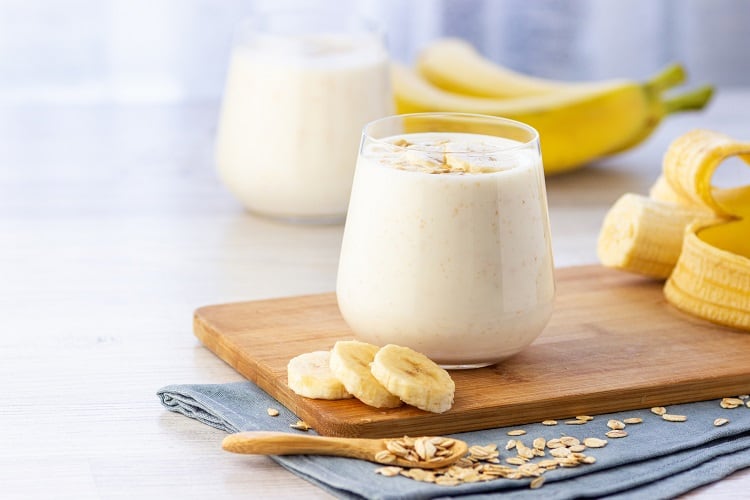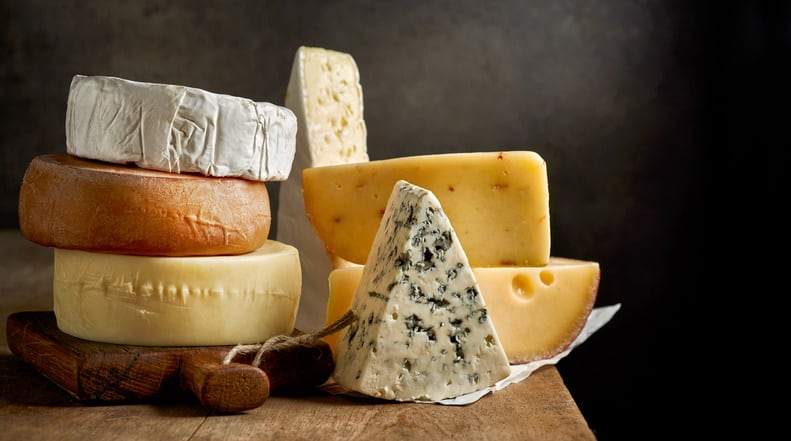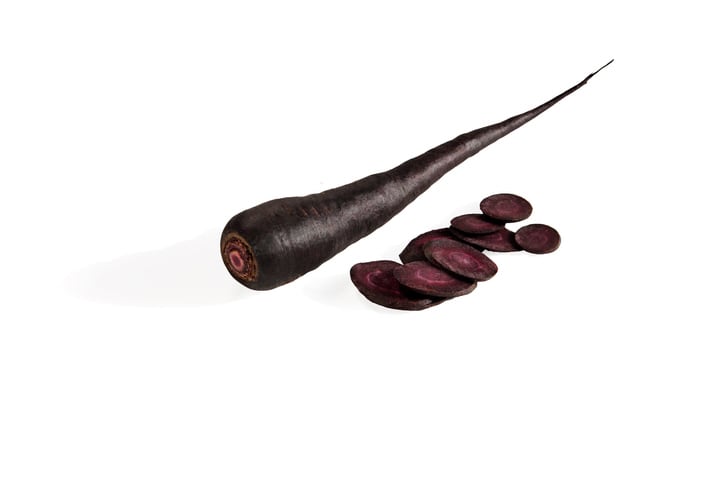Named the Vega Culture Kit, Chr. Hansen’s range of starter cultures, probiotics and bioprotective strains respond to growing demand for plant-based yogurt alternatives – otherwise known as ‘vegurts’.
New cultures for the ‘vegurt’ category
With plant-based yogurt considered more climate-friendly than its dairy counterpart, consumption is on the rise.
‘Vegurt’ – a term coined by the Danish ingredients supplier – is produced from vegan milk alternatives, which are, in turn, predominantly made from nuts, cereals, legumes, or seeds.
“Vegurt is Chr. Hansen’s term for vegan or vegetarian yogurt,” senior director for Commercial Development Dr Ross Critenden told FoodNavigator. “We came up with this term to describe the category because of the current debate in the European Parliament, which may result in a ban on the use of dairy-related terms in plant-based products.
“Vegurt seemed a catchy and suitable category name compared to having to sprain our tongues calling them ‘fermented plant-based alternatives to dairy yogurt'.”
The Vega Culture Kit includes a range for cultures for varying functionalities. A selection of starter cultures, for example, ‘drive flavour and ‘texture’ in plant-based yogurts, we were told. “This allows producers to optimise for specific product characteristics by selecting the cultures that yield the results they are after.”
Vega nu-trish blends of cultures offer probiotic support with the inclusion of Chr. Hansen’s Bifidobacterium, BB12 and Lactobacillus rhamnosus, LGG. These cultures are designed specifically for use in plant-based to ensure ‘convenient delivery of the correct serving and stability of probiotics’.

The Vega Culture Kit also comes with boosted sustainability credentials, we were told. The Vega FreshQ culture offering, for example, supports a longer shelf life with ‘superior freshness’ and ‘fewer quality issues’ through the action of fermentation.
Fermenting ‘all the main plant bases’
The new line is designed for any variety of plant bases, be it nuts, cereals, legumes, or seeds.
“We have designed the cultures within the Vega Culture Kit specifically to robustly ferment a wide variety of plant bases, including all the main plant bases currently used by plant-based producers,” said Dr Critenden.
“Chr. Hansen’s scientists have carefully selected strains that can ferment different plant bases and then curated them into cultures that can perform for choices of flavours and texture.
“Our philosophy has been that we take care of culture performance irrespective of the base so that our customers can focus on the choice of features we offer in the cultures.”
Concerning the cultures’ adaptability to ‘clean label’ trends, the senior director for Commercial Development said the fermenting food cultures are ‘natural solutions’ and appear on the label in the same way that food cultures used in dairy yogurts are labelled: often either appearing as ‘culture’, or by listing the species name.





